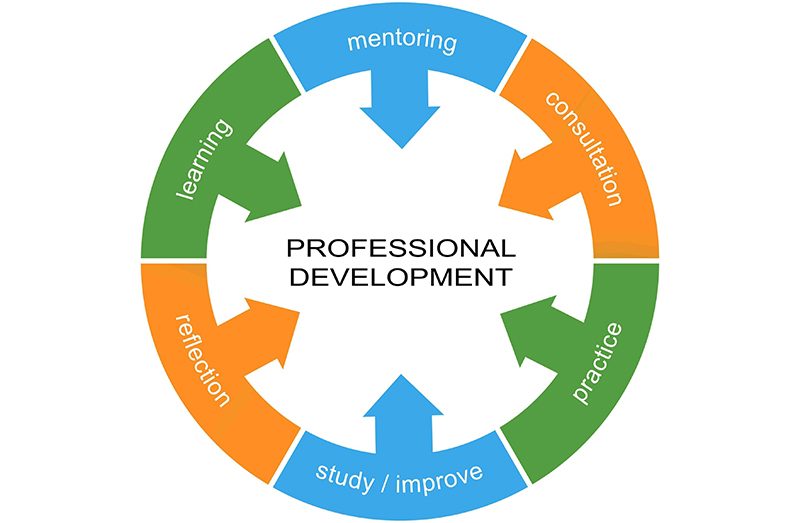AFTER completing one’s tertiary education and entering into the workforce of choice—many may think that’s the end of the road. That shouldn’t always be the case. I believe in self-improvement and continuous self-growth. We must understand the importance of being able to improve one’s own self. Professionally, there’s always room for growth; if there’s no room for growth, you can create it for yourself as well. With that in mind, when we speak of continuing educational or career-centred development after someone has entered the workforce, we’re speaking of Professional Development. It doesn’t matter how long you’ve been in the said field or how experienced you are; you should not be stuck or stagnated in your knowledge base.
Professional development involves in-house company/agency training or initiatives taken by yourself related to skills training, workshops, or classes. Whether a certificate is given after the training or session—it should not matter. What matters most is how you continually strive to improve yourself in your existing career. Professional development helps you in your existing career or job and provides you with new or better opportunities. It pays to be specialised—not only with money but also with recognition and better opportunities. Develop specialised skills unique to you in your field of work. You’d most likely be a highly favoured and qualifying candidate for promotions or better positions at a different company/agency. Some jobs may provide in-house training, but not everyone is so lucky. As such, you should be able to create your own learning experience if none is available in your scope of work.
Professional development helps to boost your confidence and gives you the ability to become the best professional version you wish yourself to be. By learning more skills and traits, you can become even more competent and knowledgeable about your career and roles. As you attend professional development sessions in and outside of work, you’d also have the opportunity to network with others in your field as well. It’s always good to network as a professional because you never know when you’ll need help, assistance or guidance from one of your networking partners or colleagues. Simple feedback or constructive criticism can also be deemed professional development—if you use it wisely to further improve yourself and your capabilities.
It’s important to note that you don’t always have to invest heavily in your professional development experience. You can always try to read books, attend workshop sessions, understudy/be mentored by supervisors and participate in volunteering opportunities. Time is important when developing a career and goals. As such, you ought to be aware of what it is you really want to do and the type of skills that require you to get there. I encourage you all to further develop your skills and experience. Build on your CV/ resume and always remember that there’s no such thing as too much education. Your degree or certifications may get you into the job, but professional development allows you to further advance and improve your capabilities.




.jpg)









